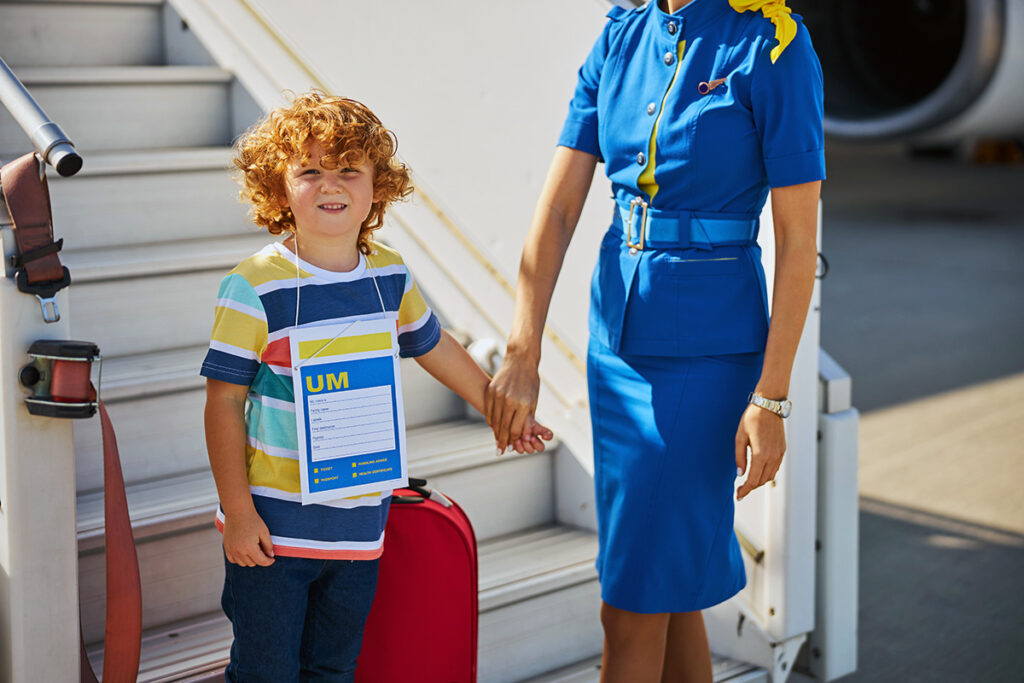
Anyone who ever watched the fan favorite sitcom, “Friends,” probably loved Matthew Perry’s character, Chandler Bing.
The world was saddened to learn that, despite all his work to overcome his addictions, the health issues he had developed as a result of them cost him his life on October 28 of this year. His work in helping those with addictions will be his legacy long after the end of his life, but just as important can be his experience as a child of divorce. His memories of being a child of divorce can inform us on how to be more sensitive and concerned about how to handle the experiences those children have when their parents separate.
Matthew Perry’s parents divorce before his first birthday and his mother returned from Massachusetts to her home town of Ottowa, where he lived until his mid-teens with his mom, her second husband and the other members of their blended family. To visit his father, Matthew, even as a small child, had to board a plane, ALONE, to go to his father’s home. In an article in People magazine, Matthew recalled that traumatizing experience:
John and Suzanne (Matthew’s parents) were married for less than two years before separating ahead of their son’s first birthday. Following their split, Matthew and Suzanne moved from Williamstown, Massachusetts, to her hometown of Ottawa.
Matthew had vivid memories of shuttling back and forth between his mother and father, who had moved to California. “
When I was 5 years old, my parents put me on a plane alone from Montreal to Los Angeles. And I was terrified,” Matthew told PEOPLE in October 2022. “My feet didn’t even touch the floor. And then when I saw the lights of the city, I knew we were landing, that my dad was going to pick me up, and I’d have a parent again.”
Matthew’s parents were very high-functioning, cooperative people, so this was with a family who was doing, basically, everything “right,” and by that, I mean they were working to make sure that Matthew saw both parents and families regularly. But, even in the best situations, Matthew experienced a high level of stress and anxiety from these experiences. One can only wonder if that set the stage, so to speak, for his turning to alcohol to deal with his high level of life-long anxiety. Please do not misunderstand: Matthew’s parents and extended family were and are wonderful people who loved him dearly and tried to do their best with him and for him. But now that we know how, even with the best of intentions and efforts, some children are still traumatized by holiday and visitation exchanges, can we do better by them? Can that also be one of the gifts Matthew Perry left us?
1. Empathy for what the child is feeling
Both the parents and the children’s extended families should try to put themselves in the shoes of the child or children–what are they experiencing? Can you imagine what Matthew felt, not “[having] a parent for a period of time.”? Are parents of the children of divorce so in the depths of their own pain that they have trouble even thinking about what their children are feeling and experiencing? Do parents of the children of divorce avoid putting themselves into their children’s shoes because it is just too painful? When we sign on to be parents, are we not or shouldn’t we be signing on to developing the ability to feel our children’s pain so that we can better be equipped to relieve them of that pain?
2. Try to do the Transfer/Exchange in Person
While it would cost more to have the parents accompany the child on a plane trip if the child is having to travel a long distance, would it not be worth it? To have the delivering parent travel with the child and personally deliver them to the other parent, so as Matthew recalled, he would not have to be “terrified,” and have to feel that he would “have a parent again.” What must that have been like, to not have his feet touching the floor and to feel that for those hours that he “had no parent.” To a child, with very little point of reference for the passage of time in the way adults do, those hours of being terrified may have seemed forever.
3. Honor the Other Parent/Never Show Disrespect in Word or Deed
When possible, try to share holidays as an extended family, that includes both parents and their own extended families. Sound absurd? Maybe, but not impossible. I have clients who do it for every holiday. Why? Because they are adults and put the interests of the children first, even above their own comfort level. Remember, the children of this union, however short, see themselves as a part of both parents, and when we either show disrespect to our child’s other parent or say things that disrespect the other parent or that parent’s family, what the child hears is disparagement of him or her, which risk permanently damaging his or her self-esteem and raises the child’s anxiety. Even if you don’t try to share holidays, you can do smaller things, like Facetime the other parent and their family into your Thanksgiving dinner celebration, for even a few minutes. Nowadays, with Zoom, Facetime and the other technological opportunities available to us, we are able to do this with family that are living far away due to work or school, so why not make it a practice to give your child that gift with their other parent and extended family? With the availability of the internet on flights now, both parents could even be on a Zoom call with the child during the flight to comfort and just be “with” him or her.
Parting thoughts
I expect Matthew Perry’s memories would be very different if his parents had had the opportunities we now have to make the experience of our children of divorce not “terrifying.” Let’s honor him and what he did to help others by helping children of divorce experience more comfortable parenting time exchanges and holidays so that they, too, can have a happy holiday season.
Collaborative Divorce: And the BEST way I know to do this helping the children is to handle a divorce with the Collaborative Divorce Process. It is a process that puts the children’s interest at the forefront in a way no other process can. If you or anyone you know is considering divorce, please contact a Collaboratively trained divorce attorney. If you would like for me to help you, my email is camille@milner-law.com. I can help you and help you secure the names of other Collaboratively trained attorneys who can help you take care of your children in the process of a divorce.












